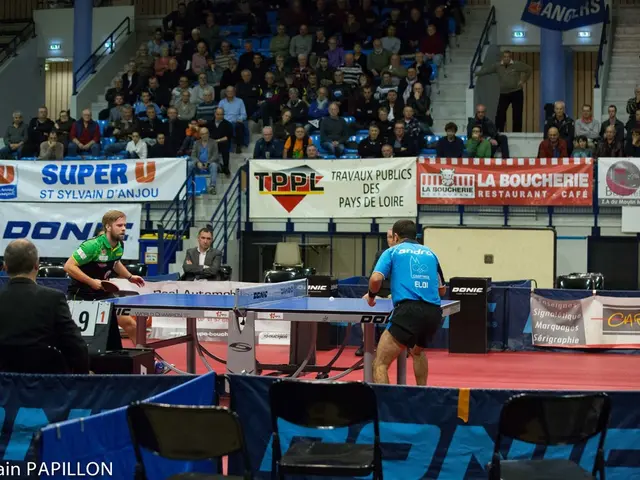Low-limit live cash games offer substantial earning opportunities!
Exploiting Common Mistakes in Low-Stakes Live Cash Games
In the world of low-stakes live cash games, understanding and capitalizing on opponents' errors can significantly boost your profits. Here are some key strategies to help you exploit common mistakes and maximize your winnings.
Identify and Punish Timid Play Many low-stakes players shy away from betting or raising with strong hands due to fear, creating opportunities for you to seize the initiative by betting for value and applying pressure when others check or fold too often.
Capitalize on Predictable Bet Sizing and Ranges Opponents tend to bet small with weak or drawing hands and large with strong hands. Use small bets as opportunities to bluff or trap, and fold or call cautiously against large bets signaling strength.
Leverage Poor Positional Awareness Many beginners ignore position, playing too many hands from early seats. Exploit this by playing more hands in late position and putting pressure on opponents acting before you.
Adapt to Table Dynamics Tighten up against aggressive players and be more aggressive in exploiting passive players (calling stations) by value betting more and bluffing less.
Avoid Common Mistakes Yourself Avoid slow playing incorrectly, making ill-timed bets or raises, and giving away tells that opponents can read.
Observe and React to Opponents’ Behavior Look for patterns in their bets, timing, and reactions. For example, if they bet cautiously on the river, it often indicates weakness or a draw missed, presenting bluffing opportunities.
Play Against Different Types of Opponents Against bad players, you can bet all three streets with hands that are a bit better. Against those who don't bluff enough, bluff more frequently, and against wild bluffers, be selective and only call their bluffs when you have a strong hand.
Use Specific Counter-Strategies It's crucial to figure out what specific mistake your opponent is making and use a specific counter-strategy. For instance, if an opponent calls small bluffs but doesn't have the courage to call big raises, re-raise preflop in these games, especially when you have a strong hand and a deep stack.
In summary, focus on disciplined positional play, reading opponents’ betting patterns, exploiting timid or predictable actions, and playing a strong value betting strategy while avoiding giving away tells yourself. This thoughtful, adaptive approach will maximize your profit from common low-stakes mistakes.
I'm playing poker in a casino-and-gambling establishment, specifically focusing on casino-games like Texas Hold'em. As I exploit common mistakes in low-stakes live cash games, I make sure to identify and punish timid play by betting for value and applying pressure when opponents check or fold too often, and I capitalize on their predictable bet sizing and ranges by using small bets as opportunities to bluff or trap, and folding cautiously against large bets signaling strength.








